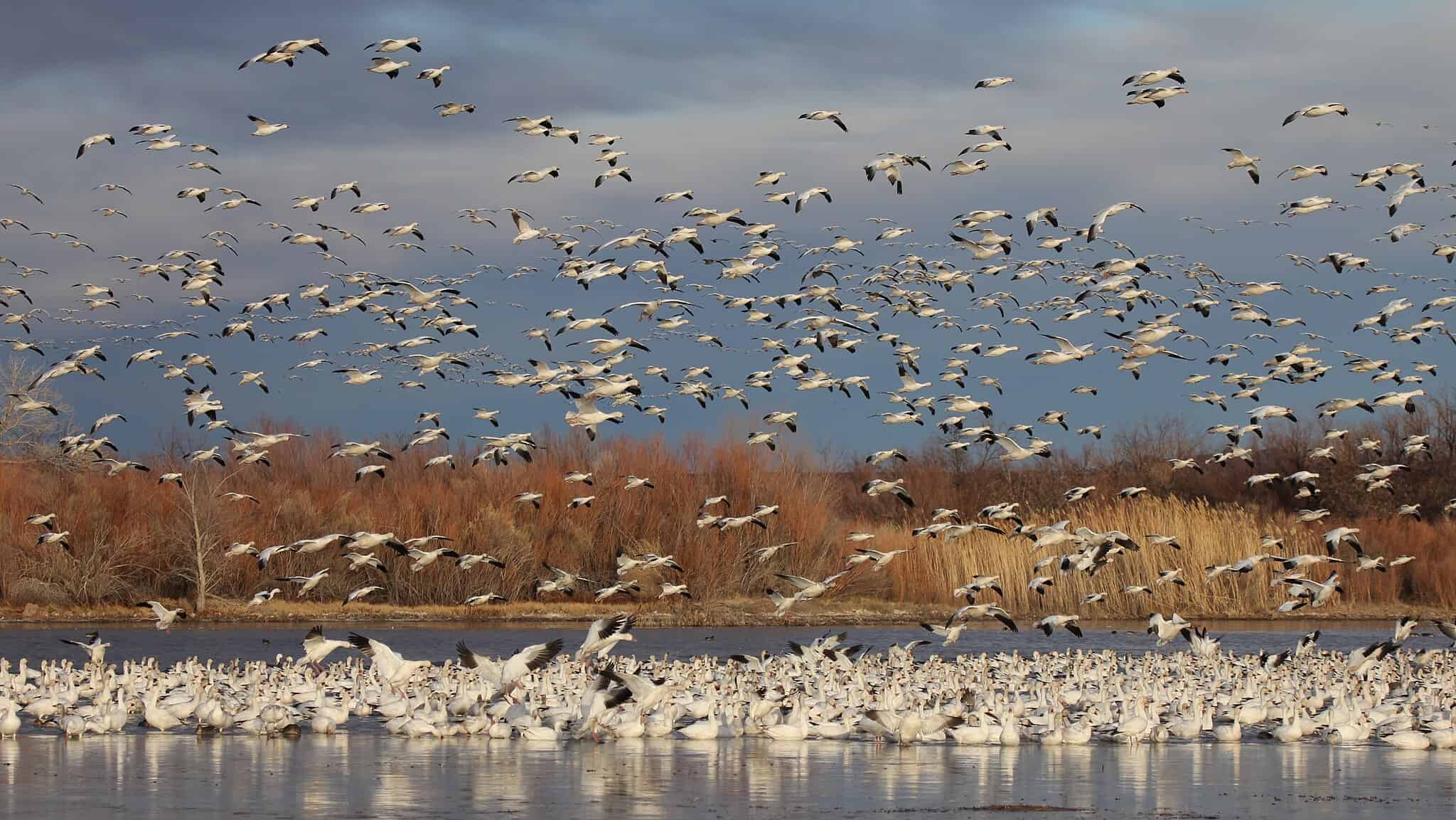Share this article
Legislation to fortify USFWS Coastal Program introduced in US House and Senate
The bill aims to enhance U.S. coastal protection
Representative Jared Huffman (D-CA) and Senator Benjamin Cardin (D-MD) recently introduced the Coastal Habitat Conservation Act of 2023 to the U.S. House of Representatives and the U.S. Senate, respectively, to address the need to protect coastal habitats and safeguard vulnerable species.
The legislation (H.R.2950) would enforce these protections by fortifying the U.S. Fish and Wildlife Service Coastal Program.
Established in 1985, the U.S. Fish and Wildlife Coastal Program is an initiative dedicated to conserving and restoring fish and wildlife habitat in coastal watersheds through technical and financial assistance for coastal land acquisitions. The program targets key habitats along the Atlantic and Pacific Oceans, Gulf of Mexico, Great Lakes and Caribbean, encompassing wetlands, estuaries, beaches and mangrove forests. Guided by a federal strategic plan, the program integrates USFWS priorities with the shared goals of conservation partners and stakeholders in these regions.
“The Coastal Program is one of the U.S. Fish and Wildlife Service’s most effective and proven initiatives, bringing together public and private partners to voluntarily protect and improve coastal habitats,” said Jenniffer González-Colón, Resident Commissioner of Puerto Rico and original cosponsor of the bill in the House, in a recent statement. “That’s why I’m proud to support the bipartisan and bicameral Coastal Habitat Conservation Act, which would provide statutory authority to the program and ensure it has the tools to continue supporting locally driven conservation projects across our nation’s coastal states and territories.”
If enacted, the bill would authorize increasing appropriations for the program from $20 million to $25 million annually over the next five fiscal years, potentially providing the program with vital resources for habitat restoration and protection projects nationwide.
Coastal ecosystems face a myriad of threats, from habitat degradation to sea level rise, imperiling the welfare of species and communities. “Climate change, development and other pressures are challenging our coastal communities, increasing the need to strengthen successful efforts like the coastal program that serve to protect and engage them,” said Senator Cardin, a senior member of the Senate Environment and Public Works Committee, in a press release.
The legislation, endorsed by a diverse coalition including the Chesapeake Bay Foundation, National Wildlife Federation and The Nature Conservancy, emphasizes the need to preserve coastal habitats for future generations. “This collaborative bill is a bipartisan solution to preserve the health and resilience of coastal habitats, benefiting the wildlife, communities and economies that depend on them,” Huffman said in a press release.
Having been introduced in the House of Representatives on April 27, 2023, the Coastal Habitat Conservation Act of 2023 has undergone a series of key legislative steps. The bill underwent a hearing by the Subcommittee on Water, Wildlife and Fisheries in July 2023, following its introduction in May of that year. On Jan. 17, 2024, the Committee on Natural Resources conducted a mark-up session for the legislation, resulting in unanimous consent to report the bill with amendments. The next phase for this bill involves full House of Representatives consideration.
If approved, the bill would then proceed to the Senate for further review, marking a critical step in the legislative process for the Coastal Habitat Conservation Act.
Header Image: Sanderlings at Ocean Beach, San Francisco, California. Credit: Brocken Inaglory








